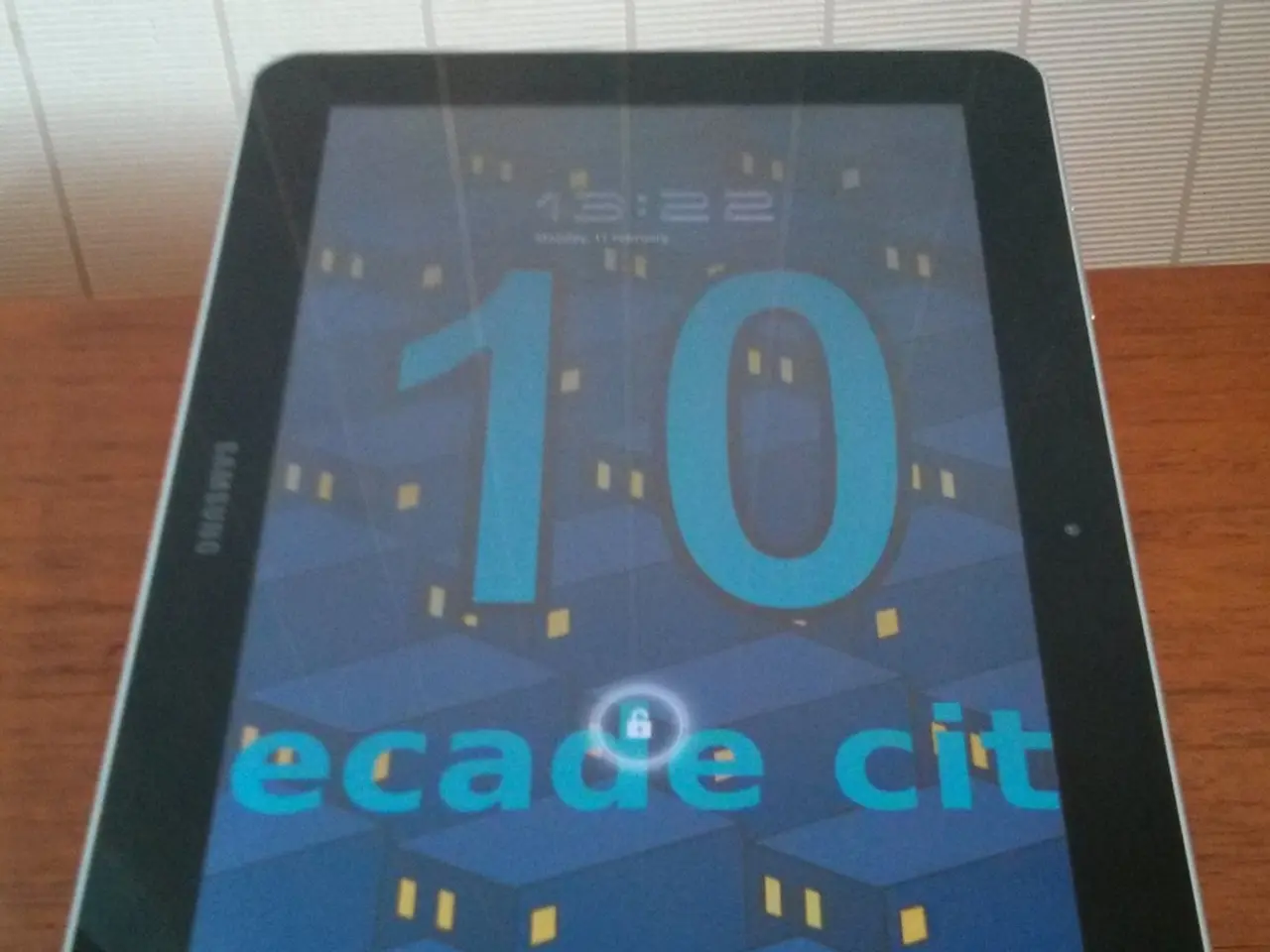Isolation caused by the pandemic is making people perceive time as moving at a slower pace!
In a recent study published in the journal Science Advances, researchers Raymundo Machado and André Cravo investigated how the COVID-19 pandemic has affected people's perception of time. The study, which began on May 6, 2020, involved 3,855 participants who completed a 10-question online survey and performed a simple task to test their short-term prediction abilities.
The participants, primarily from Southeastern Brazil, were diverse in terms of age, gender, family size, occupation, and socio-economic status. Interestingly, beyond these factors, the results showed no significant impact on the participants' time perception. Approximately 74.32% of participants were female, and 33.08% were upper-middle class.
The study revealed that 71.78% of participants had completed high school, and many had university degrees. Participants in education and healthcare accounted for 19.43% and 15.36% of the sample, respectively.
One of the key findings was that the participants' ability to estimate time intervals was unaffected during the pandemic. However, when asked about their weekly routines and feelings at the moment, 75% of participants reported feeling "time pressure", a sensation that time is passing more quickly, leaving less time for daily tasks and leisure.
Interestingly, during the early stages of the pandemic, when adherence to social distancing rules was strictest, time seemed to slow down for the youngest participants. This "time expansion" was linked to feelings of loneliness and a lack of positive experiences.
Researchers found that the perception of time passing slower or faster is primarily influenced by contextual appropriateness and irreversibility. Altered daily routines and social isolation, stress and anxiety levels, loneliness, pandemic fatigue and efficacy beliefs, and time pressure feelings are key factors that influence time perception during the pandemic.
In the first month of social distancing (May 2020), 65% of participants reported feeling that time was passing more slowly, a feeling categorized as "time expansion". Conversely, 90% of the individuals who felt "time pressure" also reported staying at home for isolation purposes.
When comparing the first set of responses to the second, time expansion scores increased by 20 points, while time pressure scores decreased by 30 points. This suggests that as the pandemic progressed, the perception of time became more pressured, potentially due to increased stress and fatigue.
André Cravo, another researcher involved in the study, stated that participants reported that time seemed to pass more slowly when they felt lonely and had fewer positive emotions, while it felt faster in highly stressful situations.
In conclusion, the perception of time during the COVID-19 pandemic is a complex interplay of psychological stressors, social isolation, routine changes, and emotional states like loneliness. These factors tend to make time feel either slower or more pressured depending on individual experiences of stress, fatigue, and social connection.
- The study in Science Advances, led by Raymundo Machado and André Cravo, showed that participants in health-and-wellness sectors, such as education and healthcare, were significantly higher in their sample.
- Despite the pandemic-induced changes in daily routines and emotions like feelings of time pressure, loneliness, and stress, the participants' short-term prediction abilities in the study remained unchanged, indicating the influence of mental-health and fitness-and-exercise levels on time perception.




